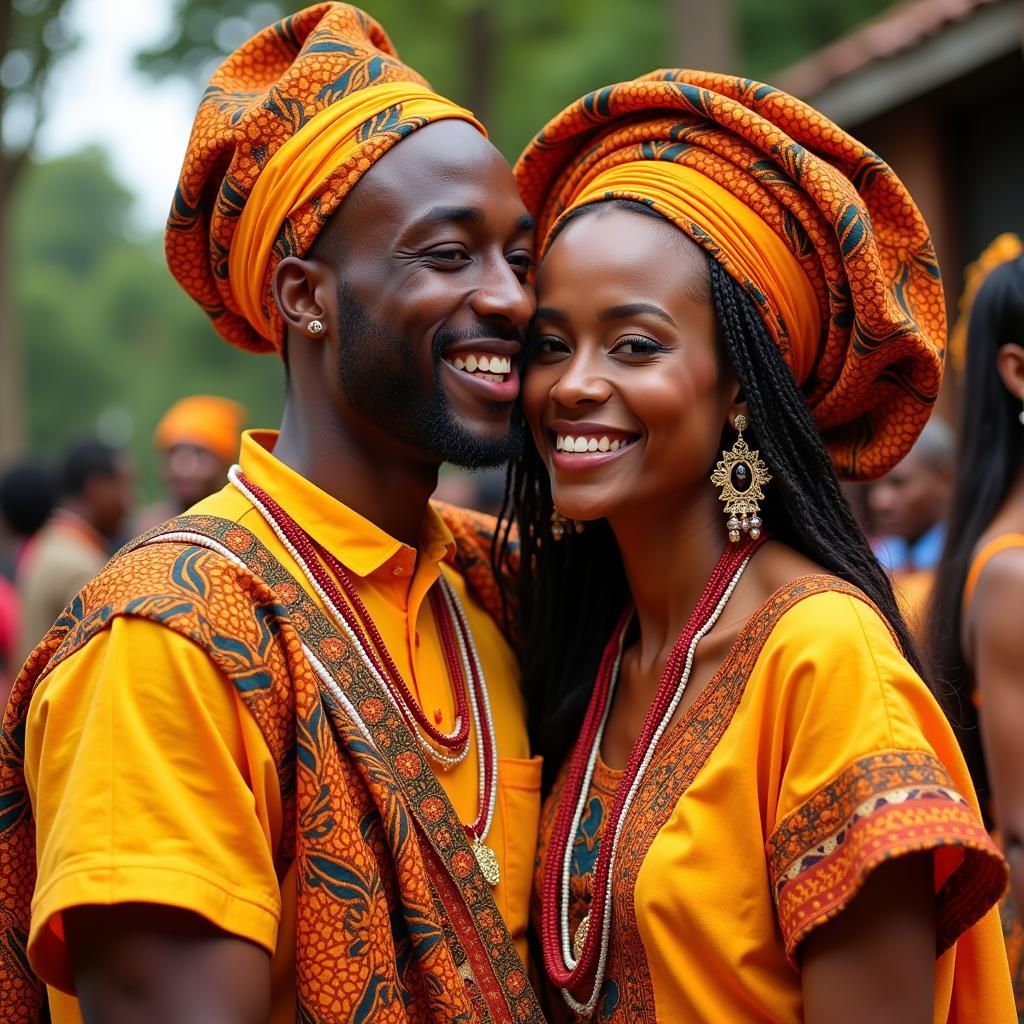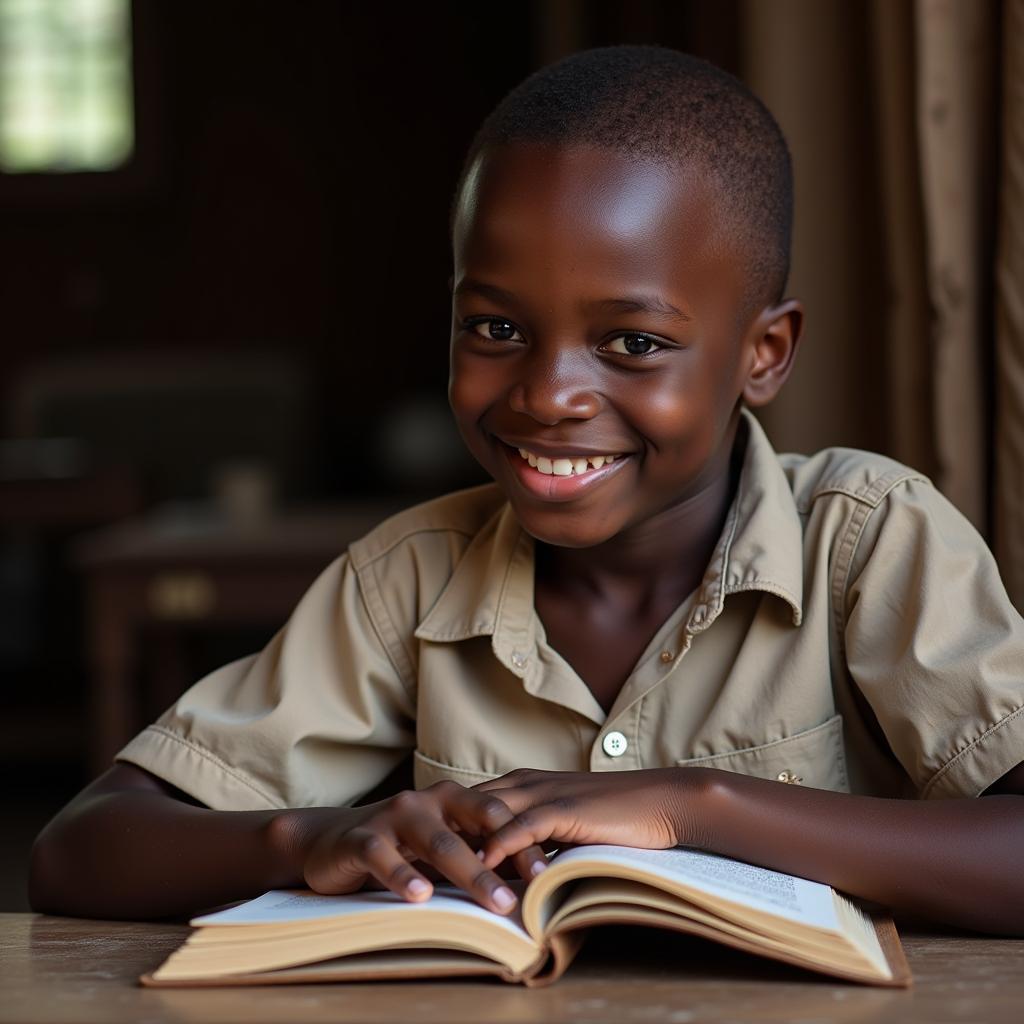African Lesbians: Breaking Barriers And Embracing Identity
When it comes to discussing African lesbians, we’re diving into a topic that’s as rich and complex as the continent itself. This isn’t just about identity—it’s about resilience, culture, and the fight for acceptance in a world that’s often resistant to change. African lesbians are more than a demographic; they’re a community navigating the intersections of gender, sexuality, and societal norms. Let’s take a closer look at their journey, challenges, and triumphs, because this conversation deserves the spotlight it’s rarely given.
It’s important to note that the experiences of African lesbians vary greatly depending on where they live, their cultural background, and the legal framework surrounding LGBTQ+ rights in their respective countries. While progress has been made in some regions, the road ahead is still long and winding. This article aims to shed light on the realities faced by African lesbians, celebrate their voices, and provide insight into how we can all contribute to a more inclusive world.
So, why does this matter? Well, because everyone deserves to live authentically without fear of persecution or judgment. African lesbians are breaking barriers every single day, and it’s time we amplify their stories. Let’s dive in and explore this powerful narrative.
Understanding African Lesbians: A Journey of Identity
To truly grasp the significance of African lesbians, we need to start with the basics—identity. Being a lesbian in Africa isn’t just about who you love; it’s about navigating a web of cultural expectations, societal norms, and sometimes, outright hostility. The journey to self-acceptance is often fraught with challenges, but it’s also one of the most rewarding paths a person can take.
What Does It Mean to Be an African Lesbian?
Being an African lesbian means embracing your sexuality while also honoring your cultural roots. It’s about finding balance between who you are and where you come from. For many, this involves redefining what it means to be a woman in a traditionally patriarchal society. It’s not easy, but it’s a journey that’s worth every step.
- Lesbian identity in Africa is deeply personal and varies from person to person.
- Many African lesbians face unique challenges, such as family pressure and societal stigma.
- Despite these obstacles, the community continues to grow stronger through solidarity and activism.
Challenges Faced by African Lesbians
Let’s talk about the elephant in the room: the challenges. African lesbians face a myriad of obstacles, from legal discrimination to social ostracism. But don’t worry—we’re not here to dwell on the negatives. Instead, we’ll explore these challenges with a focus on resilience and solutions.
Legal Barriers
In many African countries, same-sex relationships are criminalized. This creates a climate of fear and forces many lesbians to live in secrecy. The lack of legal protection makes it difficult for them to seek help when faced with discrimination or violence.
Here are some stats to consider:
- Over 30 African countries still have laws that criminalize same-sex relationships.
- In some regions, the penalty for being in a same-sex relationship can be imprisonment or even the death penalty.
Social Stigma
Social stigma is another major hurdle. Many African lesbians face rejection from family and friends, which can lead to isolation and mental health issues. The pressure to conform to traditional gender roles is immense, and breaking free from those expectations takes immense courage.
But here’s the thing: despite these challenges, African lesbians are finding ways to thrive. They’re building communities, supporting each other, and advocating for change.
African Lesbian Activism: Driving Change
Activism is at the heart of the African lesbian movement. From grassroots organizations to international advocacy groups, the fight for LGBTQ+ rights in Africa is gaining momentum. These activists are not just fighting for themselves—they’re fighting for future generations.
Key Players in the Movement
There are countless individuals and organizations working tirelessly to promote equality for African lesbians. Here are a few worth mentioning:
- Lesbians and Bisexual Women of Kenya (LEBOWO): This group focuses on empowering women who love women through education and advocacy.
- African Rainbow Family (ARF): Based in South Africa, ARF provides support and resources for LGBTQ+ individuals across the continent.
- Queer Youth Network: This organization works to create safe spaces for young LGBTQ+ people in Nigeria.
Embracing Diversity: The Role of Culture
Culture plays a significant role in shaping the experiences of African lesbians. While some cultures are more accepting of diverse sexual orientations, others remain deeply rooted in traditional beliefs. Understanding these cultural nuances is key to fostering greater acceptance.
Cultural Celebrations
In some African communities, there are traditional practices that celebrate diversity in gender and sexuality. These practices, though not always recognized as LGBTQ+-inclusive, offer a glimpse into the rich tapestry of African culture. By highlighting these traditions, we can promote greater understanding and acceptance.
The Power of Community
Community is everything for African lesbians. Whether it’s through online forums, local meetups, or international conferences, the sense of belonging is crucial. These spaces provide a safe haven where individuals can share their experiences, seek advice, and find support.
Building Support Networks
Support networks are vital for mental health and well-being. They offer a space for African lesbians to connect with others who understand their struggles and celebrate their victories. Here are a few ways to build strong support networks:
- Join LGBTQ+ organizations in your area.
- Participate in online forums and social media groups.
- Attend events and conferences focused on LGBTQ+ issues.
Mental Health and Well-Being
Mental health is a critical component of overall well-being, and African lesbians are no exception. The stress of living in a society that often rejects their identity can take a toll on mental health. That’s why it’s essential to prioritize self-care and seek professional help when needed.
Access to Resources
Access to mental health resources is often limited for African lesbians, especially in regions where stigma is high. However, there are organizations working to bridge this gap by providing counseling services and support groups tailored to the needs of the LGBTQ+ community.
Education and Awareness
Education is a powerful tool for change. By raising awareness about the experiences of African lesbians, we can challenge stereotypes and promote understanding. This involves not only educating others but also empowering African lesbians to tell their own stories.
Spreading the Word
Here are some ways to increase awareness:
- Share personal stories and experiences through blogs and social media.
- Engage in conversations with friends and family about LGBTQ+ issues.
- Support educational initiatives that promote inclusivity and diversity.
The Future of African Lesbians
The future looks bright for African lesbians, despite the challenges they face today. With increasing global awareness and support, the movement for equality is gaining momentum. But there’s still work to be done, and everyone has a role to play in creating a more inclusive world.
What Can You Do?
Here are a few actions you can take to support African lesbians:
- Advocate for LGBTQ+ rights in your community.
- Support organizations working to empower African lesbians.
- Speak out against discrimination and promote acceptance.
Conclusion: Celebrating Resilience
In conclusion, African lesbians are a testament to the power of resilience and the strength of community. They’re breaking barriers, challenging norms, and paving the way for a more inclusive future. By understanding their experiences and supporting their journey, we can all contribute to a world where everyone can live authentically and without fear.
So, what’s next? Take action! Share this article, engage in conversations, and support the organizations and individuals working tirelessly for change. Together, we can make a difference.
Table of Contents
African Lesbians: Breaking Barriers and Embracing Identity
Understanding African Lesbians: A Journey of Identity
What Does It Mean to Be an African Lesbian?
Challenges Faced by African Lesbians
African Lesbian Activism: Driving Change
Embracing Diversity: The Role of Culture
The Future of African Lesbians
Conclusion: Celebrating Resilience

African Love, African Beauty, East Africa, North Africa, Black History

Celebrating Love and Life Understanding African Couple Dynamics

African Boys Smiling A Glimpse into Joy and Resilience African Life